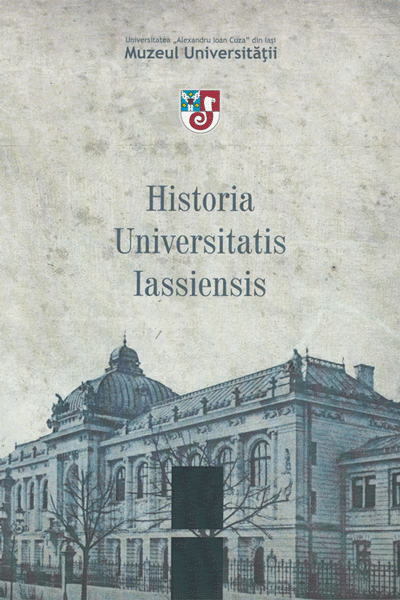Obiectul, decorul, povestirea. Literatura autobiografică românească — o sursă a studiilor patrimoniale?
Object, decoration, story. Romanian self-narration literature – a source for patrimonial studies?
Author(s): Andi MihalacheSubject(s): Cultural history, History of ideas
Published by: Editura Universităţii »Alexandru Ioan Cuza« din Iaşi
Keywords: memory; densely coded cultural objects; self-narration; bibelots;
Summary/Abstract: Susan Stewart’s book, On Loging, explains how our memories authenticate our experiences and how they are a survival sign of events that exist only through the invention of narrative. Old people summon the aid of objects believed to represent their lives. Just like Julio Cortazar’s characters, these people feel very lonely in their own story, confirming Maurice Halbwachs’ theory, according to which we never recollect by ourselves. Therefore, the present study shifted the focus from the sociology of nostalgia and generational memory to what we call the densely coded cultural objects. Starting with post-communism period, the “unhealthy” social origin relatives are re-assumed, to metaphorically complete the lives of those who were persecuted because of them. Thus, the grandparents’ bibelots are mentioned, as if inheriting them were one of the grandchildren’s merits. As they experience a deficit of biographical elements, the successors vindicate successful ancestors, from whom they extract a social prestige they could not acquire by themselves, during those “democrat-popular” times. The bibelots allow us to reinvent a new recent history, somehow ignoring the shortages of the communist period. Those little objects help people create a new temporal and biographical continuity between nowadays and the interwar age, between us and our grandparents. Many people prefer to believe that their nostalgic self-narration can make the postcommunist present a direct descendant of the interwar period. They try to forget the realities of the Romanian society, using those little things to cosmeticize the latest present, rather than their past.
Journal: Historia Universitatis Iassiensis
- Issue Year: 2012
- Issue No: 03
- Page Range: 199-242
- Page Count: 44
- Language: Romanian

